Total Team Collaboration Helps Avoid Staff Burnout
The race to prepare visible and elevated cleaning and sanitization protocols became top of mind for nearly every hotel brand and property one year ago, changing the way housekeeping operations were handled. Now, most of these practices appear to be staying long term.
Shortly after the start of the COVID-19 pandemic in 2020, hotel companies across the globe recognized the necessity to back their brand or name with a heightened health and sanitization protocol, and, in many cases, partnered with leading clinics and cleaning product providers to maintain trust with consumers.
For example, Hilton partnered with Lysol and Mayo Clinic; Hyatt Hotels Corp. engaged the Global Biorisk Advisory Council to undergo a third-party accreditation process; Choice Hotels International leveraged its long-term relationship with Ecolab; and Accor enlisted help from Bureau Veritas.
Each brand rolled out a new and elevated cleaning checklist for staff through guidance from the American Hotel & Lodging Association and the Centers for Disease Control and Prevention. In some form or fashion, these checklists called for more frequent and visible sanitation in public spaces, new staff training, adjusted food-and-beverage operations and limited contact between guests and employees.
One year into the pandemic, hoteliers assessed where these sanitization protocols and partnerships stand and what will become of them in the long term.
Steve Neth, vice president of operations at Spire Hospitality, said building and maintaining consumer confidence is just as much a priority in 2021 as it was last year.
“I think those partnerships tell you how important it is to build consumer confidence,” he said, adding that he anticipates these partnerships will continue as well as become even stronger relationships.
How Housekeeping Changed
One of the biggest guest-facing changes at the onset of the pandemic included a transition from daily cleaning services in the guestroom to housekeeping during a guest’s stay by request only, Neth said.
Hotel employees typically define housekeeping services as “stayover,” meaning general cleaning and tidying during a guest’s stay; or “check-out,” meaning a deeper clean that happens after a guest has checked out.
Neth said during the pandemic, focus moved away from the more traditional daily stayover housekeeping service to ensuring a fully clean and sanitized room for new guests after previous guests checked out.
Pre-COVID-19, housekeepers may have concentrated efforts on a handful of high-traffic touchpoints in a guestroom, but now they are adapting strategies to completely disinfect most of if not the entire room.
In public spaces, protocols changed from cleaning high-touch areas one to two times per shift to now every hour — and in some cases, cleaning between each guest interaction at the front desk.
Neth said cleaning became a total hotel effort. Since staffing levels across Spire’s portfolio reduced significantly, and room attendants had to learn all the new cleaning programs on the fly, it became necessary to expand responsibilities.
“At that point, everybody was a part of housekeeping. The was the biggest shift, getting people who were not normally used to doing housekeeping to chip in and be a part of the solution,” he said. “There was no choice on that matter.”
Matthew Woodruff, executive vice president, guest excellence and chief brand partner officer at HVMG, said pre-pandemic, hotels would focus on the word “cleaning” but during and after the pandemic, the awareness will remain around the word “disinfecting” to ensure products and processes for disinfecting areas continue.
Prior to the wave of brand-issued COVID-19 protocols, HVMG prepared its own manual to minimize risk. HVMG’s portfolio includes brands such as Hilton, Hyatt, Marriott and IHG Hotels & Resorts.
Part of that included keeping housekeeping staff from entering occupied guestrooms and delivering amenities outside the guestroom door. Maintenance entered rooms in personal protective equipment to make repairs only when guests were out of the room, and staff stayed out of rooms for 72 hours after guests checked out.
All associates wore masks, eye protection and gloves, and linens went straight into plastic bags.
HVMG marked out zones in hotels for equipment and materials that had been sanitized to keep them separated from things that still needed sanitization.
The company created protocols for various levels of outbreaks should they arise, ranging from no outbreaks, to levels with known outbreaks, and so on.
All these protocols evolved into HVMG’s formal Trust and Preparedness Plan, which launched on May 13, 2020.
Woodruff said the company equipped guestrooms with cleaning wipes and wrapped TV remote controls in plastic. For hotel public spaces, which typically had been cleaned at night when guests weren’t around, teams have found value in establishing a visible cleaning presence.
“In some of our hotels, we even have associates in a bright pink shirt that says, ‘clean team.’” That way, guests can easily identify associates, he said.
Jim Merrill, executive vice president of operations at Pyramid Hotel Group, said in an email interview that as the company’s senior team monitored the pandemic, it implemented enhanced cleaning and sanitization practices in early February 2020. Pyramid’s portfolio includes Marriott International, Hilton, IHG Hotels & Resorts, Hyatt and Wyndham Hotels & Resorts.
“This direction evolved into our comprehensive ‘Pyramid Cares Covid Playbook/Guidelines’ that all Pyramid hotels implemented,” he said, which was guided by the CDC, hotel brands and a senior task force team within Pyramid. The company also partnered with Ecolab to ensure it had the appropriate chemicals and protocols in place.
Pyramid is now on a sixth version of its playbook, which was continually updated throughout the pandemic. The company also developed a specific plan for its hotels in California because of some of the state’s regulatory nuances, he said.
Additionally, it worked personally with its independent hotels to ensure they had their own protocols in place, leveraging industrywide best practices.
The shifts in sanitization were most dramatically felt in each hotel’s public areas and guestrooms, he said. More hours and focus were dedicated to sanitizing those spaces.
Additional requirements for PPE were added for all housekeeping staff, including mandatory masks and gloves as well as available sanitizers, he said.
“Frequent changing of PPE, gloves and cleaning items was also a high focus to avoid cross contamination. Regular washing of hands also was encouraged and directed,” he said.
Keeping the Momentum
Neth said one year later, none of the new cleaning protocols have been phased out.
“A lot of them have become standard operating procedures,” he said. “Maybe people are afraid to take a step back, so that’s the last thing we want to do.”
Merrill said all of Pyramid’s hotels continue to follow its guidelines.
“We believe some of theses standards will remain, and the enhanced levels of focus are a positive long term,” he said. “Ongoing sanitization of high-touch points certainly will continue after this pandemic. We believe basics such as more frequent hand washing, available sanitization stations and some masking will continue in the future.”
Pyramid will monitor the needs of guests while weighing any increased costs against hotel profitability.
“We will continue to invest in all procedures that improve guest trust, which we believe ultimately leads to increased occupancy,” he said. “As stewards of the hotel, however, we predict certain standards will return to pre-pandemic levels, such as the timing and frequency of public space cleanings, ultimately resulting in cost savings at the property level.”
Neth said things like increased frequency of public space cleaning and hand sanitizer stations will remain at his hotels, but he feels daily housekeeping services will eventually return, adding that stayover service by request only could go away by the end of this year.
“In the Asia markets, that’s already happening so it’s just a matter of time before it hits the states,” he said.
Woodruff said the percentage of people who might opt out of stayover service will increase — including business travelers or two people traveling together for a short stay. However, he anticipates families on leisure trips will return to requesting stayover service.
He added the likeliness of using technology to enhance service will also increase, such as guests requesting linens through an app instead of walking down to the front desk.
“Some brands are exploring the opportunity to have some of that be self-service,” he said.
Looking ahead, avoiding staff burnout while keeping the same level of service intact will require attention from leadership teams.
“It’s a huge problem, not just in housekeeping but overall. The most important part is it’s still that team effort. Every position is looking at their jobs a little bit differently [and] letting the housekeeping department know, ‘this doesn’t all fall on you,’” Neth said.
It’s also important to educate staff that these new cleaning protocols are as much for their safety as they are for the guests, he said. Leadership teams must also ensure they are staffing appropriately and onboarding employees at the right time, depending on the type of demand seen on-property.
This “ensures that the responsibilities and workload of existing employees does not increase to where that burnout really happens. We’re trying to stabilize that workload so it’s not overwhelming at times,” he said.
Neth said ensuring employees have the tools to succeed, and celebrating their successes, go a long way in keeping momentum and motivation high.
“We’re asking a lot [from them] right now, so let’s make sure that we provide them the tools that they need in order to do their job successfully,” he said.
Merrill said sanitization is also a property-wide approach at Pyramid’s hotels.
“All team members are empowered to assist and help each other. We approached this as not just a housekeeping issue but an entire team issue that we all had to support,” he said. “As an example, the front desk could clean in their area or in the lobby when they have time to support our housekeeping staff.”
Woodruff said most of HVMG’s cleaning protocols are still in place, and those protocols focus on overall cleaning presence, routines, products and practices like social distancing and use of PPE.
The company met virtually with what it calls its Trust Council to verify “that protocols were relevant, were necessary and appropriate under the circumstances.”
He said helping staff avoid burnout comes back to the team effort across its hotels. The best way to support them and keep their morale high, he said, is to remain in close contact virtually or send regional teams to each property to celebrate associates.
“As we’re moving forward now, we’ll find more opportunities to be on-property,” he added.
Woodruff said moving forward, hotels with strong cleaning practices will rise to the top of the pack.
“When people travel, they’re going to recognize a hotel where the protocols are strongly in place,” he said. “Going forward, travelers are going to choose to do business with businesses they trust.”
As seen in Hotel News Now on March 31, 2021.

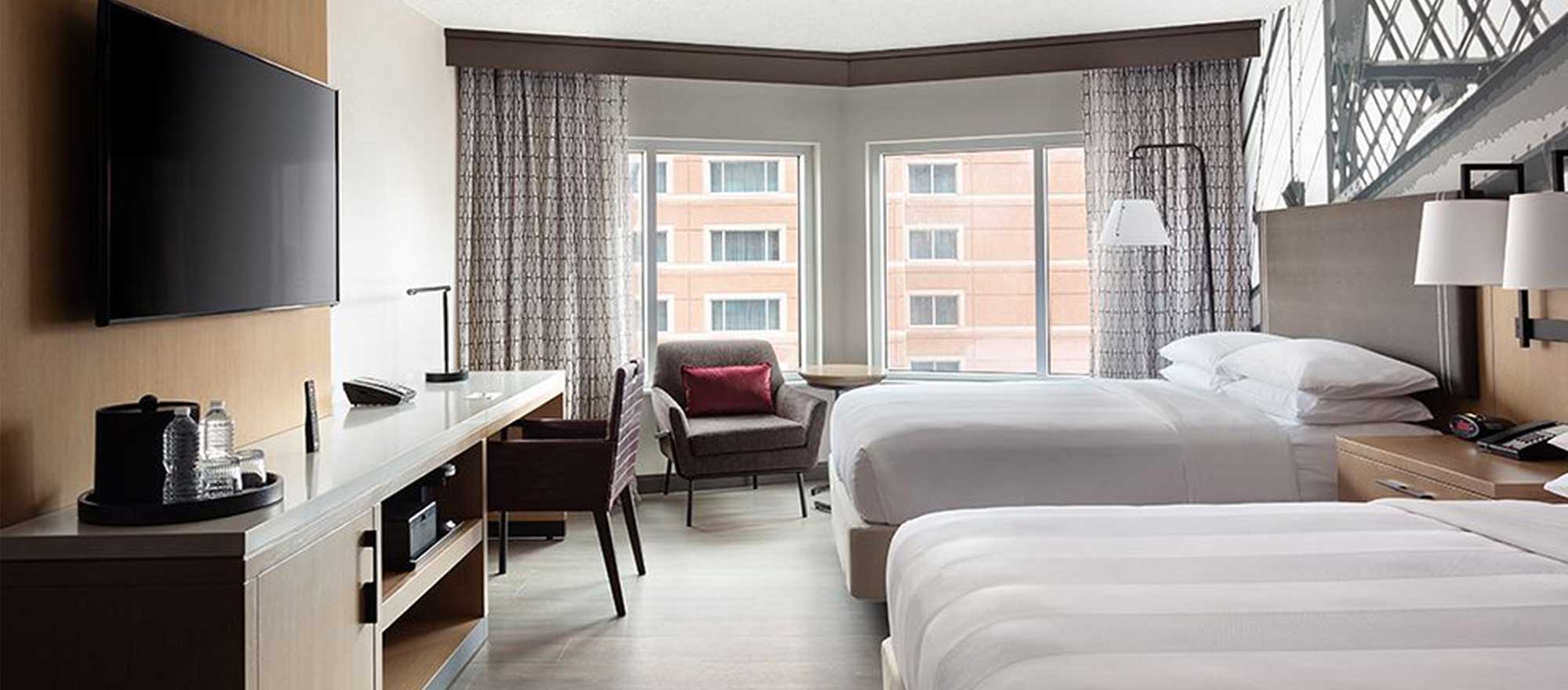
 Steve Neth
Steve Neth 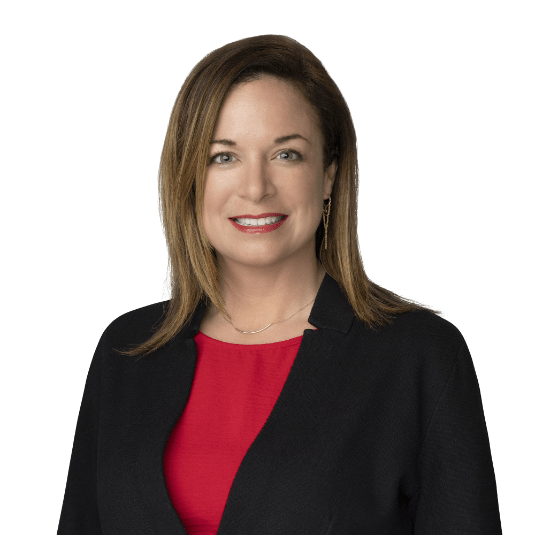 Lindsay Greenshields
Lindsay Greenshields 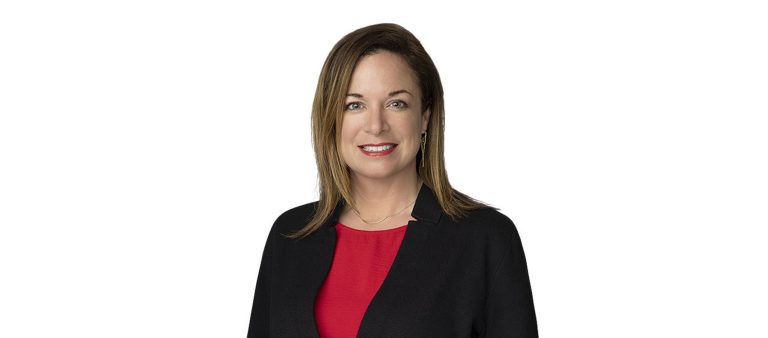
 SPIRE Hospitality
SPIRE Hospitality 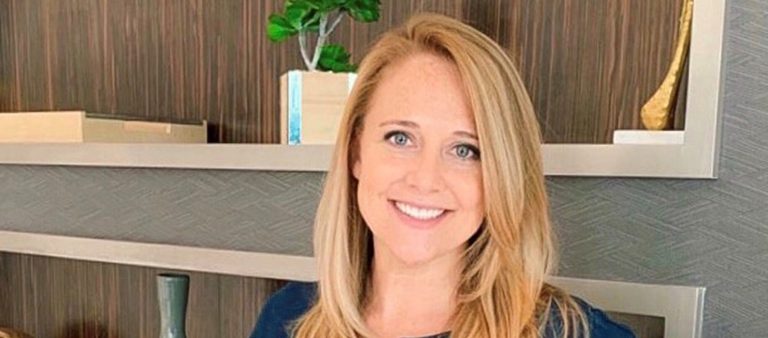
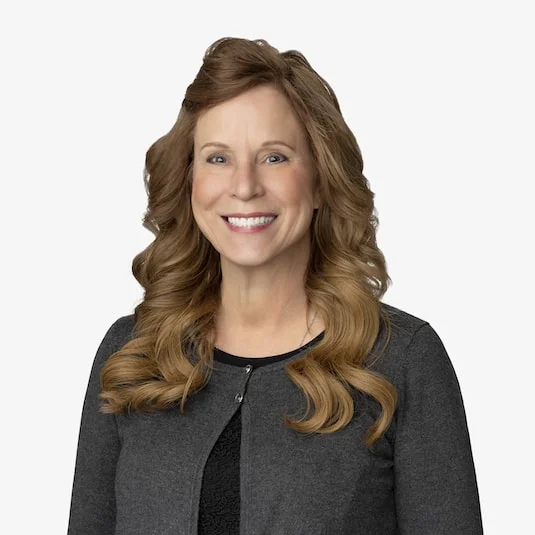 Theresa Hajko
Theresa Hajko 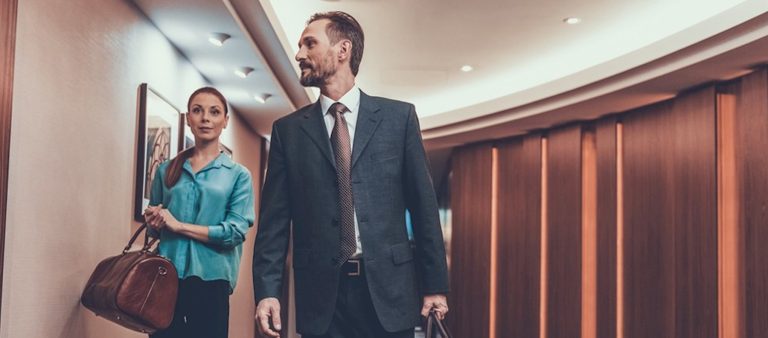
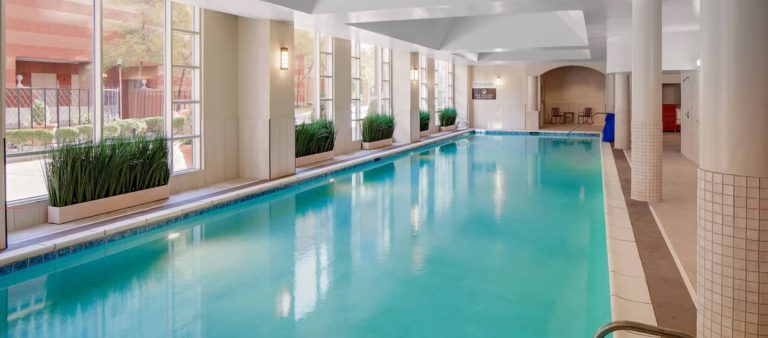
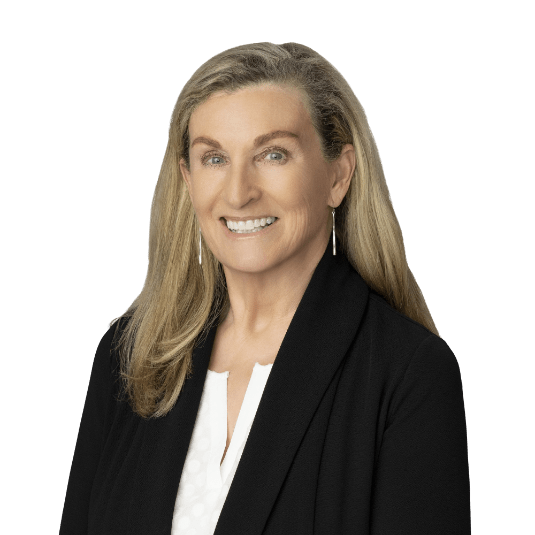 Ginny Morrison
Ginny Morrison 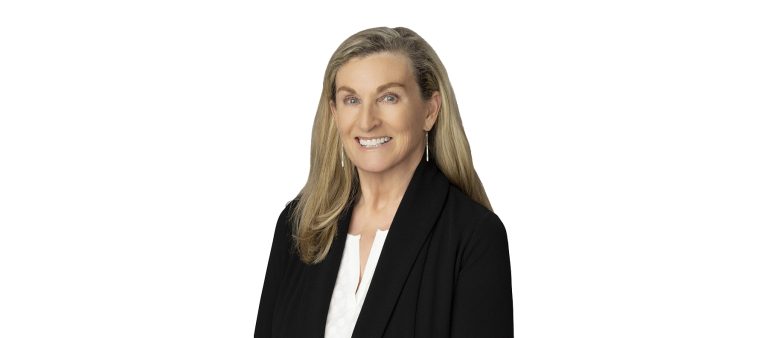
 Chris Russell
Chris Russell 